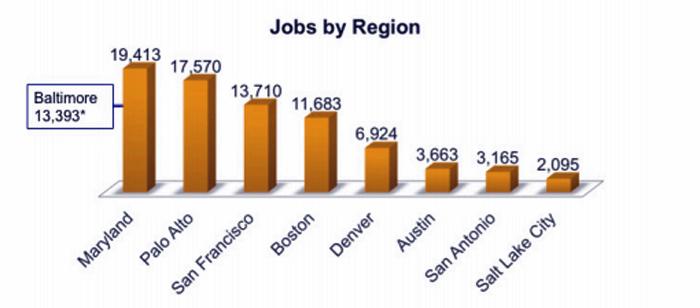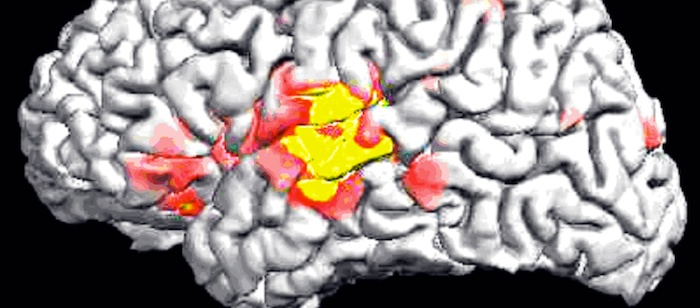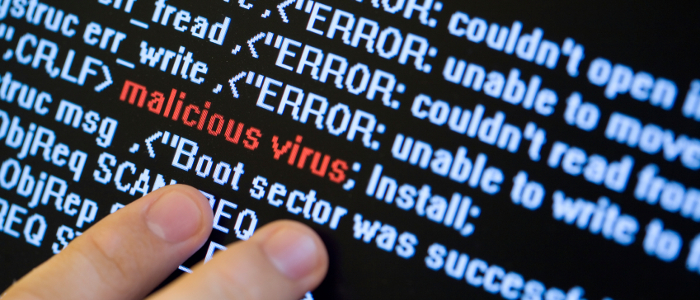CSEE Colloquium
Energy Efficiency in Large-Scale Computing
David Prucnal, PE
Advanced Computing Systems
*TO BE RESCHEDULED, ITE 227, UMBC
Data center power demand and energy consumption have grown substantially over the past 10-20 yrs. For high performance computing, power has become one of the main limiting factors. The Supercomputing Top500 List is now dominated by individual machines that demand nearly 10MW, which is equivalent to the technical load of an entire data center just 10 yrs ago. In addition these machines require another 5-10MW to power the necessary cooling systems. This talk will examine the power problem, and discuss some approaches to improving energy efficiency in large scale computing environments. In particular, it will look at demand side techniques for fully exploiting existing infrastructure, and at the use of immersion cooling.
Mr. Prucnal has been active as a Professional Engineer in the field of power engineering for over 25 yrs. Over the past 15 yrs. he has been involved with designing, building, and optimizing high-reliability data centers. He joined the Agency as a power systems engineer and was one of the first to recognize the power, space and cooling problem in high performance computing. He moved from the facilities engineering directorate to the research directorate to pursue solutions to the HPC power problem from the demand side versus the infrastructure supply side. Mr. Prucnal leads the Energy Efficiency Thrust within the Advanced Computing Systems research team. His current work includes Power-Aware Data Center Operation, and Immersion Cooling. He also oversees projects investigating single/few electron transistors, 3D chip packaging, low-power electrical and optical interconnects, and power efficiency through enhanced data locality.









